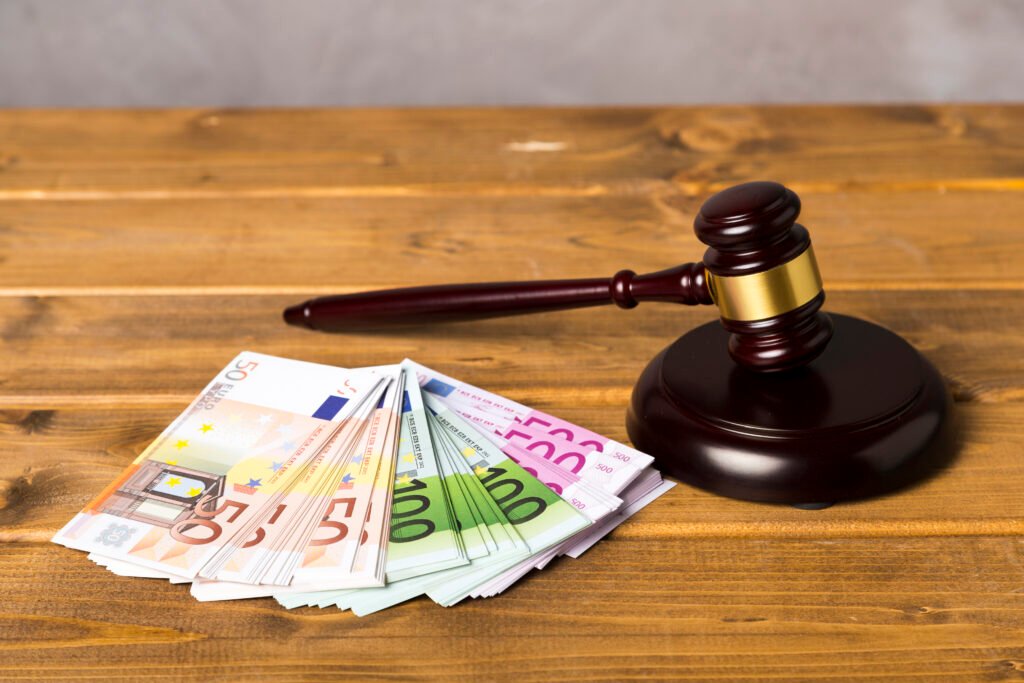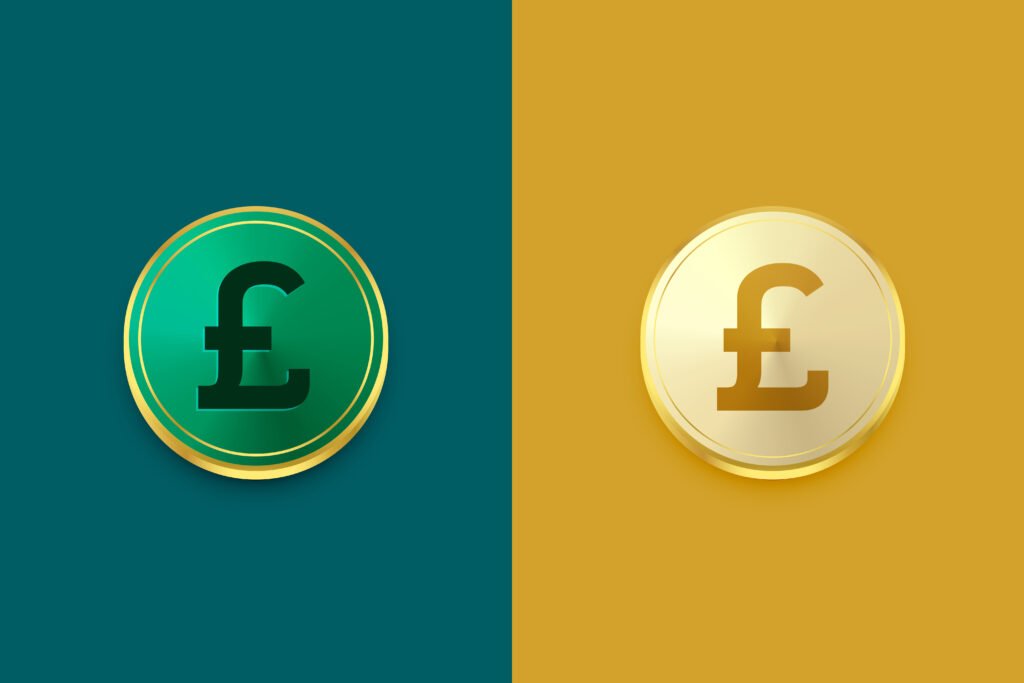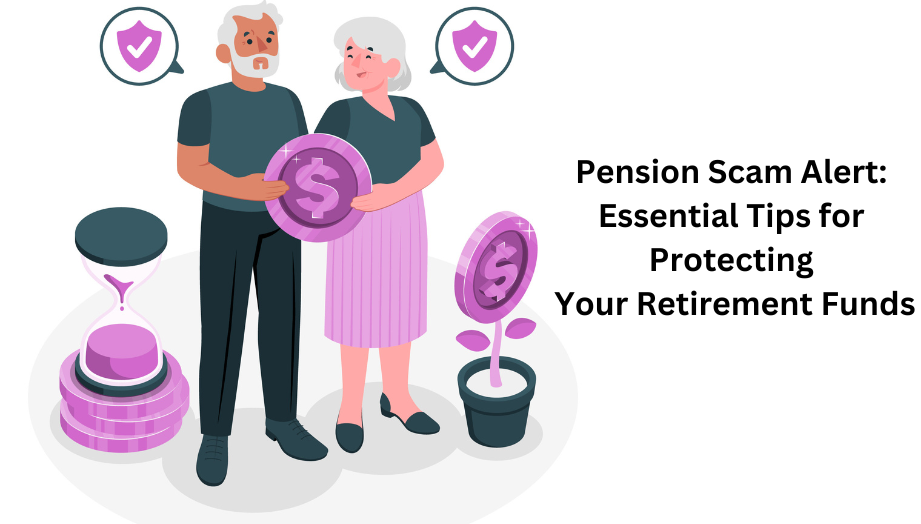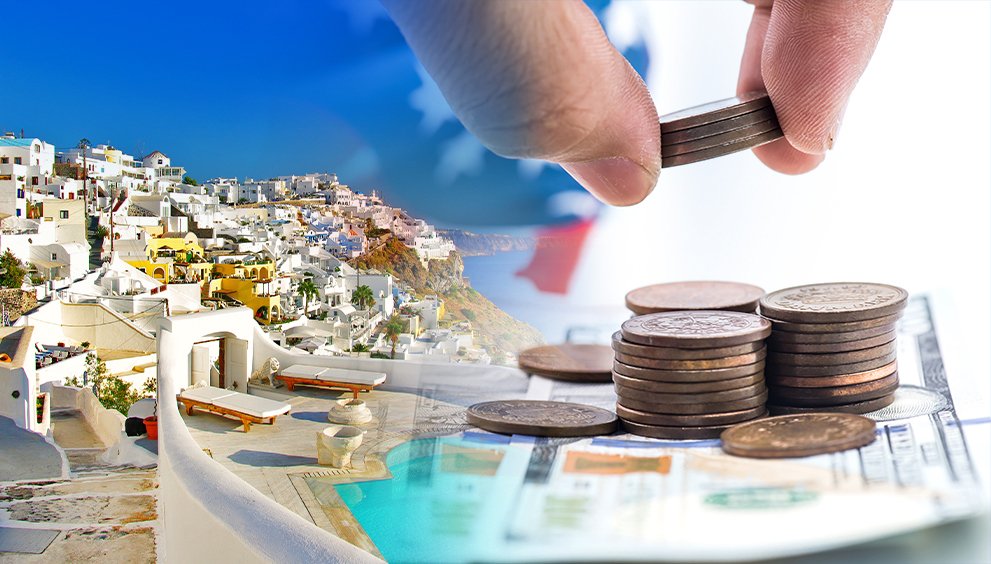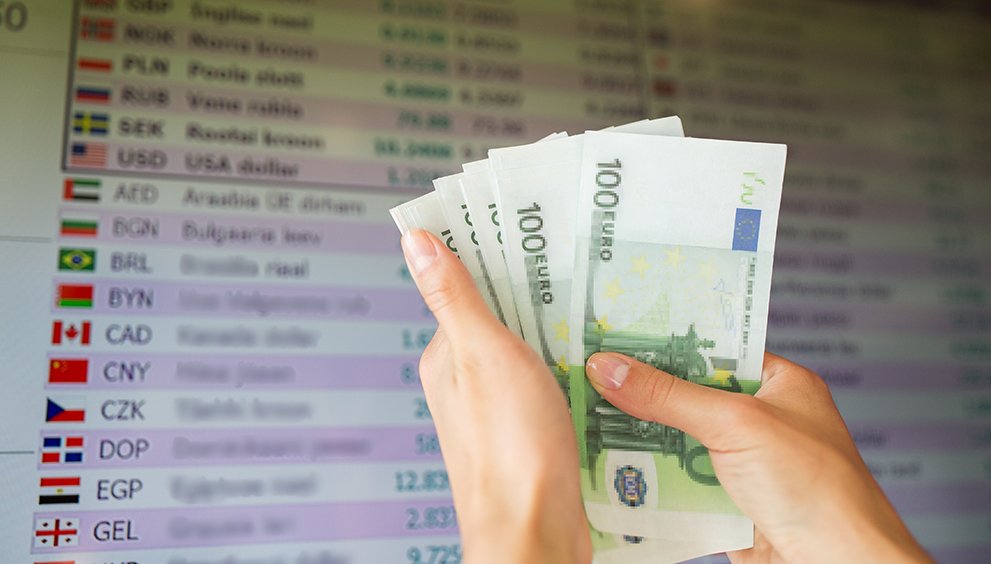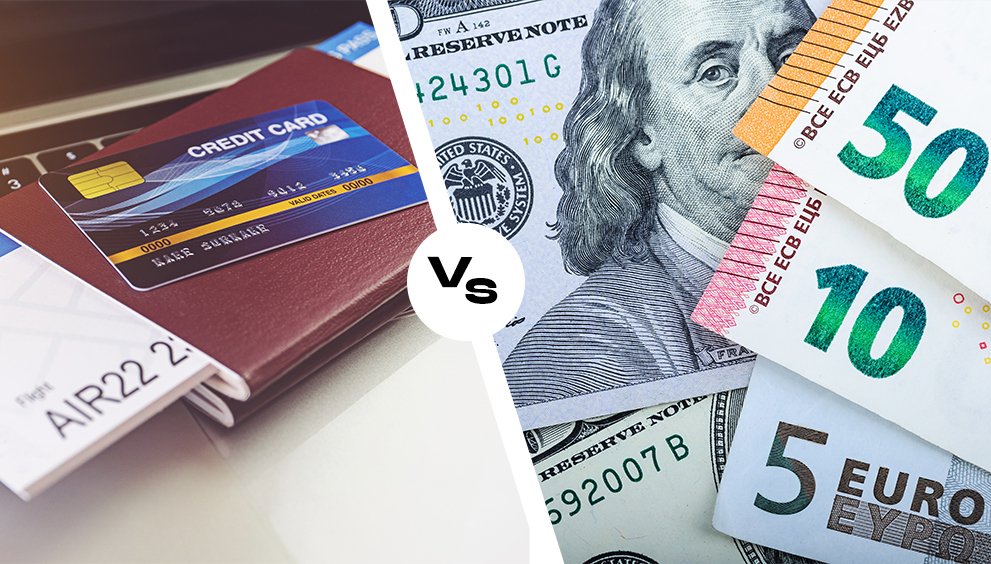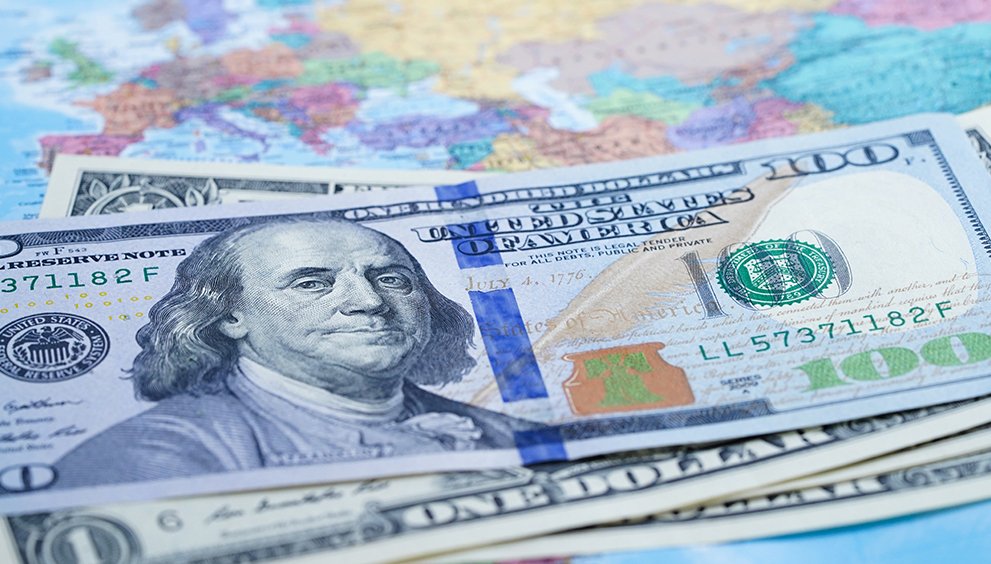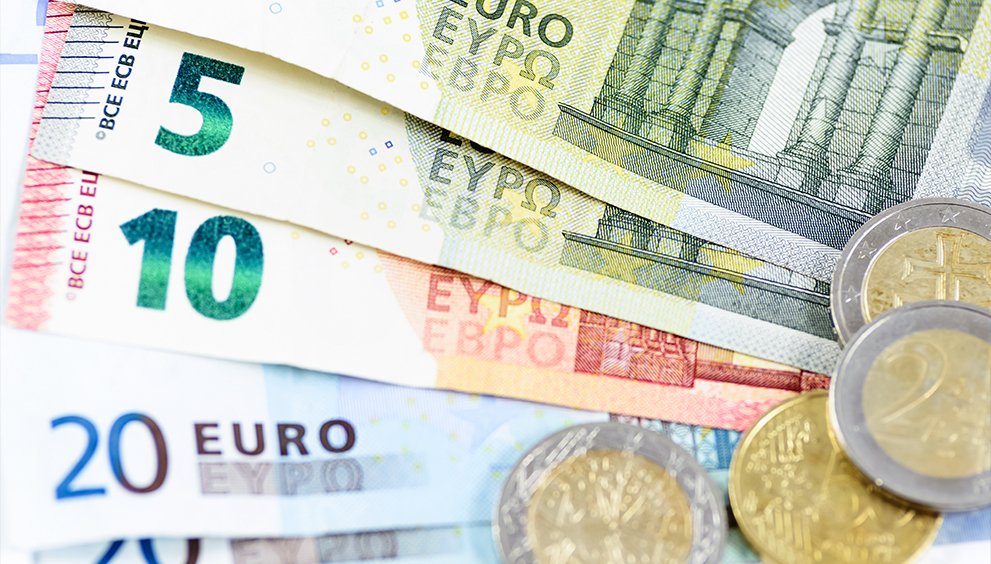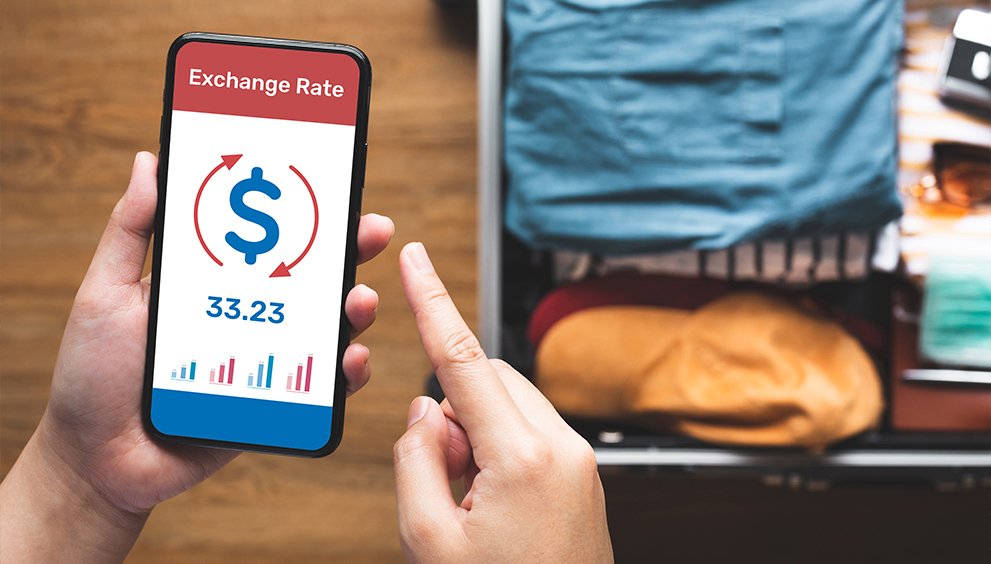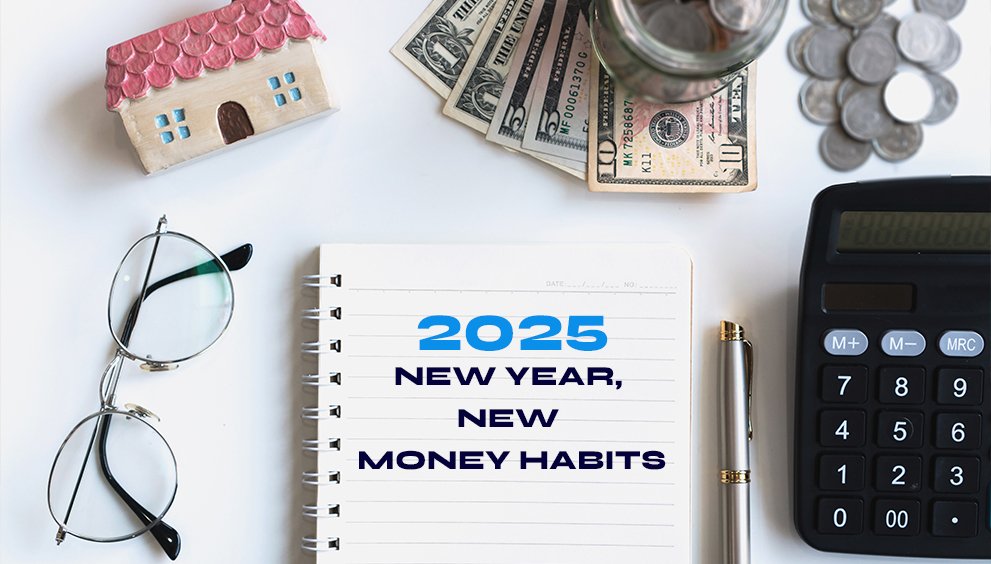The Ultimate Guide to Buying a Rental Property Abroad: Steps, Best Locations, Currency Tips, and Smart Strategies

Imagine strolling through a sun-drenched Mediterranean village or sipping coffee in a buzzing Southeast Asian café, knowing that just around the corner, you own a property earning rental income while you relax. Buying a rental property abroad can make this dream a reality—combining lifestyle perks with the potential for serious financial gains.
But it’s not just about pretty views and passive income. Buying property overseas involves navigating foreign laws, understanding local markets, and planning for the impact of currency exchange rates. It’s a journey that demands research, strategy, and a long-term mindset.
Whether you’re just starting out or already exploring international property investments, this comprehensive guide walks you through every step—from how to buy abroad, where to invest, and how to cut currency exchange costs. Let’s dive in.
How to Buy a Rental Property Abroad – Steps and Key Considerations
Buying property overseas can be incredibly rewarding, both financially and personally, but it is not something to rush into. From legal nuances to fluctuating exchange rates, every decision matters. This section serves as a step-by-step guide to help you navigate the process confidently and avoid costly missteps.
1. Define Your Goals
Before browsing estate listings or dreaming of sun-drenched villas, start by clearly identifying your investment goals.
Ask yourself:
- Are you seeking passive income from rentals?
- Is this intended to be a holiday home for personal use?
- Are you looking for long-term capital growth?
Your answers will shape your choice of location, property type, budget, and rental strategy.
For example:
- If passive income is your priority, consider high-yield tourist destinations.
- For a holiday retreat, look for areas with year-round appeal and easy travel access.
- For long-term capital growth, choose stable economies with consistent property value appreciation.
Write down your objectives, such as a target yield of 6 to 8 percent or a maximum budget of £200,000. These benchmarks will guide your decisions throughout the process.
2. Research the Market Thoroughly
Once you have clear goals, begin researching potential countries and regions that align with them.
Look for:
- Locations with strong rental demand, such as tourist hotspots, university towns, or expat hubs
- Property prices that are more affordable than UK averages
- Countries with clear ownership laws that allow or favour foreign buyers
Key research areas include:
- Average property prices and rental yields
- Rental demand and occupancy rates
- Local regulations for landlords and short-term rentals
- Foreign ownership restrictions or requirements
- Legal and tax obligations
For example, in Málaga, Spain, a two-bedroom flat might cost around £150,000 and bring in £800 per month in rent. That equates to a gross yield of over 6 percent, which compares favourably to many areas in the UK.
Be aware that countries like Thailand restrict land ownership for foreigners, although they do allow ownership of condominiums. Mexico requires property near coasts or borders to be held in a bank trust known as a fideicomiso.
Reliable information sources include local government websites, real estate platforms, expat forums, and experienced local estate agents.
3. Set a Realistic Budget
A sound budget involves more than just the listing price. It must account for:
- Legal fees and agency commissions (typically 1 to 3 percent of the purchase price)
- Taxes such as stamp duty or VAT (10 percent VAT applies to new properties in Spain)
- Ongoing costs, including property maintenance, insurance, and local management fees
- Currency exchange rate fluctuations, which can significantly affect your purchasing power
It is advisable to add a 10 to 15 percent buffer to cover unexpected expenses and exchange rate movements.
For instance, a villa listed at €200,000 may appear to cost £181,818 if the exchange rate is £1 = €1.10. However, if the pound weakens and the rate falls to £1 = €1.05, the same villa would now cost you £190,476. That’s an unplanned increase of £8,658 purely due to currency fluctuation.
4. Secure the Right Financing
Not every investor will have the entire amount in cash, but there are multiple ways to finance your overseas purchase:
- Cash purchase: The simplest option is to avoid interest payments and lender conditions.
- Overseas mortgage: Available in many countries, although terms for foreign buyers may include higher deposits and interest rates.
- Home equity loan: If you own property in the UK, you may be able to release equity to fund the overseas investment.
- International lenders: Banks such as HSBC Expat and BNP Paribas offer cross-border lending solutions tailored for property investment abroad.
When evaluating financing options, consider the following:
- Interest rates and fees
- Deposit requirements
- Currency of the loan (local vs. GBP)
- Documentation needed (income verification, credit checks)
Example: For a €150,000 apartment in Portugal, a 30 percent deposit would be €45,000. The remaining €105,000, financed at an interest rate of 3.5 percent over 20 years, results in monthly repayments of approximately €610. If rental income is around €850 per month, you will retain a healthy yield after management and running costs.
5. Hire Local Experts
Engaging trusted local professionals is essential to protect your investment and ensure a smooth transaction. Attempting to handle legal, financial, or regulatory matters alone can result in costly errors.
Essential experts include:
- A licensed estate agent who understands the local market and is experienced in dealing with international buyers
- A lawyer or conveyancer who performs due diligence checks the property’s legal status and prepares or reviews contracts
- A tax advisor familiar with both local and UK tax rules to help you report income, manage deductions, and avoid double taxation
It is also important to understand your responsibilities in the UK. All foreign rental income must be declared to HMRC via your Self Assessment tax return (Form SA106). You may also be eligible for tax relief under the UK’s double taxation agreements with many countries.
Example: In Italy, some municipalities have banned or restricted short-term holiday rentals in historic city centres. A local lawyer can flag such zoning restrictions before you commit to a purchase that does not align with your rental plans.
Expect to pay between £1,000 and £3,000 for legal and professional services, depending on the complexity of the transaction and location.
Currency Exchange Rates – Hidden Impact, Huge Opportunities
When buying a rental property abroad, it is easy to focus solely on property prices, rental yields, and legal paperwork. However, one factor that can quietly but significantly shape your returns is the currency exchange rate. It can either work in your favour—maximising your gains—or erode profits if left unmanaged. Understanding how exchange rates impact different stages of your investment journey is critical to making informed and financially sound decisions.
-
How Currency Exchange Affects Your Overseas Investment
Currency movements affect almost every financial aspect of buying, owning, and eventually selling a property abroad. Here’s how:
1. Property Purchase Price
Your purchase cost is directly tied to the exchange rate between the British pound and the local currency. If the pound is strong, your money stretches further. If it weakens, the property becomes more expensive in pound terms.
Example:
- At an exchange rate of £1 = €1.20, a €200,000 flat would cost £166,667.
- If the rate drops to £1 = €1.10, the same property would cost £181,818.
- That is a £15,151 increase—purely due to a weaker pound.
Even a small change in rates can significantly impact your budget, especially for high-value transactions.
2. Rental Income Conversion
If you earn rent in a foreign currency and convert it back into pounds, the exchange rate determines your real income.
Example:
- The monthly rent of €1,000 converts to £833 at a rate of €1.20 per pound.
- The same €1,000 becomes £909 if the rate shifts to €1.10.
Over a year, this seemingly minor fluctuation could translate to a difference of more than £900 in your pocket.
3. Resale Profit or Loss
Exchange rates also play a role when you eventually sell the property. A stronger pound at the time of sale means you receive fewer pounds when converting your proceeds. A weaker pound boosts your return in sterling terms.
Example:
- If you sell a property for €250,000, you would receive £208,333 at €1.20 but £227,273 at €1.10—a £18,940 difference.
Planning your sale around favourable exchange rates can, therefore, significantly influence your final gains.
Real-World Example
Let’s say you buy a condo in Thailand for 3.5 million Thai baht when the exchange rate is £1 = 35 THB. That means your purchase costs you £100,000.
A year later, if the pound weakens to £1 = 30 THB, that same condo would cost £116,667—an increase of £16,667 simply because of currency movement. While this can be frustrating if you buy later, it’s good news if you buy earlier and the market turns in your favour.
Ongoing Currency Costs and Management Fees
The effect of exchange rates doesn’t stop at the purchase. Day-to-day costs such as taxes, insurance, and property management fees—typically paid in the local currency—can also fluctuate.
Example:
- A €2,000 annual management fee in Spain would cost £1,667 at an exchange rate of €1.20 but £1,818 if the rate falls to €1.10.
- Over time, these differences add up and can impact your net rental income and profit margins.
Even something as simple as converting rent income to quarterly rather than monthly can optimise your returns if timed well.
Why Currency Timing Matters
Exchange rate fluctuations are inevitable. However, with a little planning and the right tools, you can reduce your exposure to risk or even benefit from market movements.
Timing your property purchase, rental income transfers, and property sale during favourable exchange periods can result in thousands of pounds saved or gained. This is where currency strategy becomes as important as real estate strategy.
How to Save on Currency Exchange
When buying a rental property abroad, it is not just the property price or rental income that affects your returns—currency exchange fees and rate margins can quietly eat into your profits. Transferring large sums internationally without a strategy could cost you thousands. Fortunately, there are smarter, cost-effective ways to manage your currency transfers.
Here’s how you can save money and protect your investment from the hidden costs of currency exchange.
Avoid High-Street Banks
Traditional banks often seem like the easiest option for transferring money abroad. However, convenience comes at a cost. Banks typically offer poor exchange rates and charge fees ranging from one to three percent of the transfer amount.
Example:
If you send £100,000 through a high-street bank to purchase a property in Spain, you could lose £2,000 to £3,000 in hidden fees and unfavourable rates. That is money better spent on renovations and furnishings or simply left in your savings account.
Use Currency Exchange Specialists
Specialist providers such as Wise, CurrencyFair, and Currency Solutions offer much more competitive exchange rates and lower fees than traditional banks.
- Fees are often below 0.5 percent of the transaction.
- You receive near mid-market exchange rates, meaning more of your money reaches its destination.
Example:
A £100,000 transfer with a specialist may only cost £500 in total fees, saving you up to £2,500 compared to using a bank. These providers also offer fast transfers, transparency, and online platforms to track or schedule payments easily.
Lock in Rates with Forward Contracts
Currency exchange rates fluctuate daily—sometimes dramatically. A forward contract lets you fix today’s exchange rate for a transaction that will happen in the future, typically up to 12 months in advance.
This is particularly useful if:
- You are making staged payments on a property
- You have ongoing expenses abroad
- You want certainty over your budget
Example:
You agree to buy a €200,000 villa in Spain. At £1 = €1.20, your cost is £166,667. By locking in the rate now with a forward contract, you are protected if the pound weakens to €1.10 before completion, which would have cost you £181,818—an extra £15,151.
Open a Multi-Currency Account
A multi-currency account allows you to hold, convert, and manage different currencies in one place. This can be a smart solution if you receive rental income in foreign currency or want to time your conversions when rates are favourable.
Providers like Wise and Revolut offer user-friendly multi-currency accounts where you can:
- Hold euros, dollars, or baht until the rate improves
- Convert only what you need
- Pay local expenses directly in the local currency.y
Example:
You receive €10,000 in rent annually. Instead of converting it immediately, you hold it in euros and convert it later when the exchange rate is stronger, potentially increasing your return by hundreds of pounds.
Time Your Transfers Strategically
Currency markets move constantly, and even small shifts can make a big difference. Monitoring exchange rates and setting alerts through platforms like XE.com or using automated rate tracking from your currency provider allows you to act at the right time.
Example:
If you plan to transfer £100,000 to Mexico and the pound strengthens from 20 to 25 Mexican pesos, your funds increase from 2 million to 2.5 million pesos—a 25 percent gain.
This is especially important for one-time payments like deposits or property completions.
Best Locations to Buy Rental Property Abroad
Choosing the right location is half the battle when investing in a rental property overseas. The best spots offer more than sunshine and sea views—they deliver high rental yields, growing demand, currency opportunities, and manageable ownership laws. Here are five prime international destinations that combine strong returns with investor-friendly conditions.
1. Spain (Costa del Sol)
- Yields: 5–7%
- Currency: Euro (EUR)
- Example: A £120,000 flat in Marbella rents for around £700 per month
- Why Invest Here:
Spain’s Costa del Sol is one of the most popular regions for UK investors thanks to its warm climate, world-class beaches, and year-round tourist traffic. The area also benefits from strong infrastructure, frequent flights from the UK, and a well-established property market with a clear legal process. Spain is part of the eurozone, which provides currency stability, and short-term letting platforms like Airbnb thrive in cities such as Málaga and Estepona—making it ideal for holiday rentals. - Tip: Focus on coastal areas with high tourism appeal for short-term lettings. Tourist licences may be required in some regions, so ensure your property complies.
2. Portugal (Algarve)
- Yields: 4–6%
- Currency: Euro (EUR)
- Example: A £150,000 villa in Lagos could generate £800 per month in rental income
- Why Invest Here:
Portugal offers excellent conditions for overseas landlords. The Algarve, in particular, is known for its scenic beaches, mild winters, and relaxed lifestyle, attracting both tourists and long-term residents. The country has favourable property ownership laws for foreigners and low crime rates, adding peace of mind for investors. Additionally, Portugal’s Golden Visa scheme provides residency benefits for property purchases over €280,000 (around £240,000), making it appealing to those considering emigration or extended stays. - Tip: Choose towns with both seasonal and year-round appeal, like Albufeira or Portimão, to ensure consistent rental occupancy.
3. Thailand (Phuket)
- Yields: 6–8%
- Currency: Thai Baht (THB) – more volatile than Western currencies
- Example: A £50,000 condo in Phuket may rent for around £714 per month
- Why Invest Here:
Thailand is a hotspot for digital nomads, expats, and long-haul travellers seeking affordable living with a tropical twist. Phuket, in particular, attracts millions of tourists annually, ensuring a strong demand for rental properties. Low property prices make it accessible even to small-scale investors, and returns are boosted by the favourable cost-to-income ratio. However, due to land ownership restrictions for foreigners, condos are the most accessible and legally secure investment type. - Tip: Stick with new-build condominiums in well-located tourist areas. They offer easier management and legal compliance for international buyers.
4. Canada (Toronto)
- Yields: 3–5%
- Currency: Canadian Dollar (CAD) – relatively stable, often moves with the USD.
- Example: A £300,000 flat near a university might earn around £1,200 per month
- Why Invest Here:
Canada’s stable economy, strong rule of law, and transparent real estate system make it one of the most secure countries to invest in property. Toronto, the country’s largest city, continues to experience steady population growth, a booming tech industry, and high demand for rental accommodation. Rental laws are generally landlord-friendly, and properties near universities or business districts tend to offer consistent, year-round occupancy. The Canadian dollar’s moderate volatility compared to emerging market currencies adds a layer of financial predictability. - Tip: Look for properties close to universities, tech hubs, or public transport routes for maximum tenant demand.
5. Mexico (Playa del Carmen)
- Yields: 6–8%
- Currency: Mexican Peso (MXN) – subject to fluctuations
- Example: A £80,000 flat may generate around £600 per month on Airbnb
- Why Invest Here:
Mexico’s Riviera Maya, especially Playa del Carmen, offers strong short-term rental opportunities thanks to its beautiful coastline, vibrant culture, and a steady influx of US and Canadian tourists. The cost of entry is relatively low, and Airbnb-style rentals in tourist areas can command impressive returns. Although the peso is a more volatile currency, it can also offer opportunities for savvy investors who watch exchange rates carefully. Mexico also allows foreigners to own property via a secure trust system (fideicomiso), particularly in coastal zones. - Tip: Focus on areas with established tourism infrastructure and good transport links. Partner with a local property manager who understands the market and guest expectations.
Advanced Tips to Boost Profitability
Once you’ve chosen a location and secured a rental property abroad, the next step is maximising your return on investment. These advanced strategies will help you protect your margins, cut unnecessary costs, and make smarter financial decisions throughout your overseas property journey.
1. Negotiate Smartly
Property prices are open to negotiation in many international markets—especially if you’re a cash buyer or can move quickly.
Example:
In Spain, a villa listed at £200,000 might be secured for £180,000 if you’re paying in cash or committing to a quick close. That’s an instant £20,000 saving, which could cover legal fees, taxes, and even your first year of maintenance.
Tip:
Lean on local estate agents for insight. They often know whether a seller is motivated or if the market is soft—giving you an edge in negotiations.
2. Plan for Property Management
If you’re not living nearby, having a local property manager is essential. They’ll handle maintenance, tenant queries, and check-ins—saving you time and stress.
- Typical cost: 10–20% of your monthly rental income.
- Short-term lets: Platforms like Airbnb, Booking.com, and Vrbo offer automation tools to streamline bookings, payments, and reviews.
- Hands-free model: Some property managers offer full-service packages that include cleaning, key handovers, and local support.
Example:
For a property earning £1,000 per month, a management fee of 15% equates to £150—leaving you £850 and peace of mind.
3. Use a Dual-Use Strategy
Combine personal use with rental income to enjoy the best of both worlds. You can use the property during quieter months and then let it out during peak tourist seasons to generate cash flow.
Example:
A £150,000 flat in the Algarve may cost £2,000 annually in upkeep (insurance, cleaning, maintenance). If you rent it for £800 per month for 12 weeks, you could earn £9,600 annually—easily covering your expenses and giving you a free holiday home.
Tip:
Use dynamic pricing tools (like AirDNA or Beyond Pricing) to adjust rates based on seasonality and demand.
4. Optimise Your Tax Position
One common worry among UK investors is being taxed twice—once abroad and again at home. Thankfully, HMRC allows for foreign tax credits to avoid this.
- Foreign tax credit: If you pay 25% tax on rental profits in Portugal, you can often claim that amount against your UK liability using form SA106.
- Planning matters: Knowing which expenses are deductible (like management fees, repairs, and mortgage interest) helps lower your tax bill.
Example:
A £10,000 annual rental profit taxed at 25% overseas leaves £7,500. If your UK tax liability is equal or lower, you may owe nothing further—provided you file correctly.
Tip:
Hire a cross-border tax adviser to make sure you’re compliant in both countries and not missing out on legal deductions.
5. Monitor Currency Trends
Exchange rate fluctuations can dramatically affect the total cost of your investment and your ongoing profits.
Example:
Buying a €200,000 property when the rate is £1 = €1.20 costs you £166,667. But if the rate shifts to £1 = €1.10, the same purchase would cost £181,818—a difference of over £15,000.
Strategies:
- Use a forward contract to lock in favourable rates for future payments.
- Track rates using apps like XE, Revolut, or Wise.
- Set up rate alerts and move funds when exchange rates are in your favour.
Bonus Tip:
Holding funds in a multi-currency account gives you the flexibility to exchange when the rate suits you rather than rushing transfers during unfavourable conditions.
Final Thoughts: Your Global Property Journey Starts Here
Buying a rental property abroad is more than an investment—it’s a gateway to global living, financial independence, and the thrill of owning a slice of the world. From legal checks to currency hacks, your success hinges on informed planning.
Start small, build smart, and always keep an eye on the numbers. With the right mindset and a bit of strategy, your overseas property could be the key to long-term income and international adventure.


 English
English 




